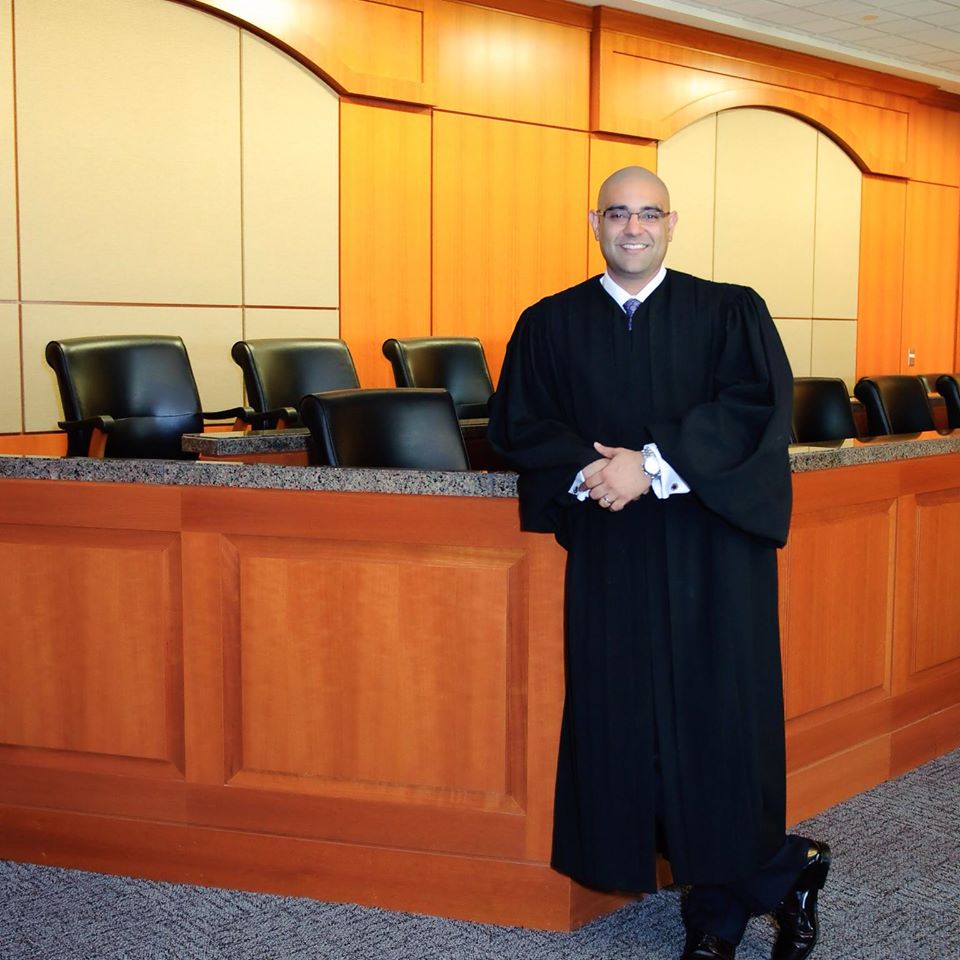Judicial candidates are subject to strict campaign finance restrictions, making it difficult to get their names out across a state of 28 million. And they must walk a difficult line as they campaign, running as partisans without compromising their judicial impartiality.
That means judicial candidates’ fates often rest with the top of the ticket — which is perhaps why no Democrat has been elected to the Texas Supreme Court or the Texas Court of Criminal Appeals since 1994. This year, five Democrats are vying for six seats on the state’s two high courts, which hear civil and criminal cases, respectively.
These low-information, down-ballot races are rarely competitive, but this year, as El Paso Democrat Beto O’Rourke draws attention to the top of the ticket in an unusually tight campaign for U.S. Senate, Democrats hope their judges can ride his coattails to the state’s highest benches.
Republicans, meanwhile, expect history to repeat itself.
“I do think to a large extent that my success will depend on how the entire ticket of my party goes,” said Texas Supreme Court Justice Jeff Brown, one of three Republican incumbents on the court up for re-election this fall. In that context, he said, he feels confident. “Of course, Beto O’Rourke’s popularity has certainly got Republicans thinking that maybe Texas is getting a little purpler. But I still feel like it’s going to be a Republican sweep.”
If anyone is poised to spoil that sweep, it’s R.K. Sandill, a long-serving Democratic district judge in Harris County who’s consistently outraised his opponent, Justice John Devine. In addition to an impressive cash-on-hand tally, an endorsement from the Houston Chronicle and victories in the Houston Bar Association and Texas Bar Association polls, Sandill faces perhaps the most controversial incumbent on the high court. Before being elected to the high court in 2012, Devine was sued for displaying the Ten Commandments in his courtroom. Devine has also boasted publicly that he was arrested 37 times protesting outside abortion clinics.
But that history may not hurt Devine’s chances, Sandill said in an interview last week.
“It doesn’t matter who the Republican [candidate] is in a statewide office in Texas,” Sandill says, smiling but resigned across the table at a downtown Houston coffee shop. “It’s been 24 years. There’s no vulnerability. We all live and die together on the Democratic ticket.”
That’s not entirely true – there’s always some variation in the vote totals for Supreme Court and CCA justices, just as there’s variation in the vote totals for District Court judges. In 2016, Eva Guzman got 4,884,441 votes while Paul Green received 4,758,334; among Democrats, Dori Contreras Garza picked up 3,608,634 votes while Mike Westergren got 3,378,163. Didn’t make any difference then, but if we’re sufficiently close to even it becomes a live possibility that one or two Dems win while the others lose.
Beyond that, I covered some of this in my earlier post about Sharon Keller. I note that the Trib discusses the impending end of straight ticket voting, which could have a negative effect on Republican incumbent justices and possibly judges here in Harris County. I’m gonna wait and see what the data says over the next couple of cycles before I make any pronouncements on that.

